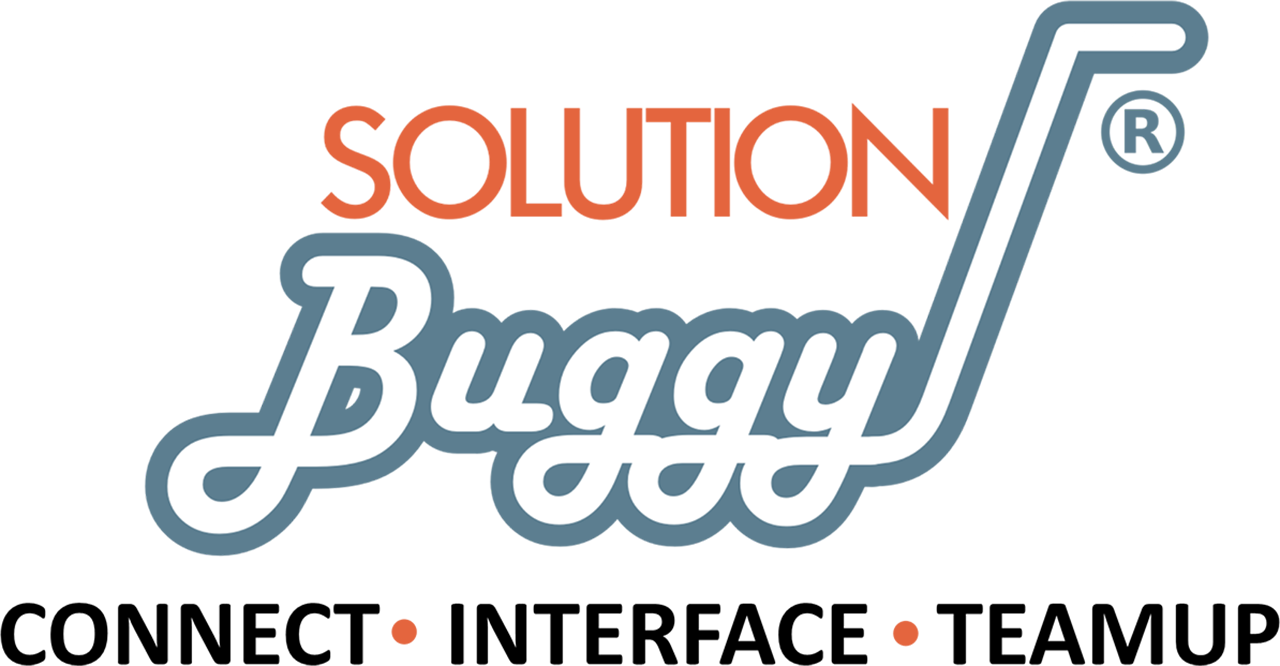The Indian chemical industry has grown by more than 10% over the past 10 years. India ranks 14th in chemical products exports and 8th rank in imports The Indian chemicals and petrochemicals sector is expected to attract an investment worth INR 8 lakh crore. 22% of the total chemicals and petrochemicals market in India is captured by specialty chemicals. Chemicals Export Promotion Council (Chemexcil) chairman Satish Wagh has informed that the government is working on a draft chemical policy to meet the rising demand for chemicals and to reduce imports. India is revisiting its policies for the chemical and petrochemical sector to attract foreign participation.
The Indian chemical industry, led by the Indian Chemical Council (ICC), has set a goal of reaching $300 billion by 2025 which requires an investment of about $75-100 billion to decrease import dependency and improve chemical products exports. Bimal Gokul Das, additional vice-president of ICC has informed that to meet the Indian chemical industry’s raw materials requirements, India requires at least one new cracker every year with an investment of $1 billion each over the next 10 years to make basic chemicals such as ethylene, butadiene, propylene, and other derivatives required for the petrochemical industry.









